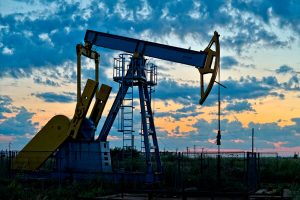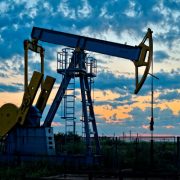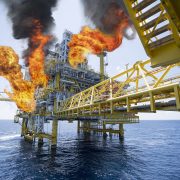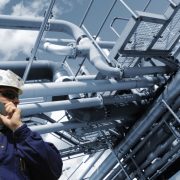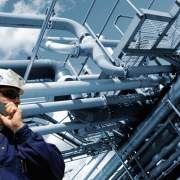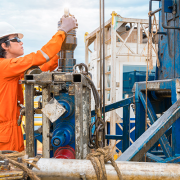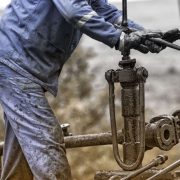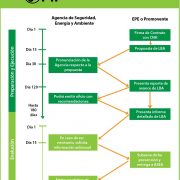The security policy in the hydrocarbons sector
The safety policy of the hydrocarbon sector focuses on two concepts that respond to the environment that may be impacted by the activities developed with hydrocarbons and their derivatives: industrial safety that refers to the external environment and the relationship of the installation with third parties and operational security, referred to the internal scope and related to the installation’s own processes.
In the ASEA Law, Industrial Safety is defined as the multidisciplinary area responsible for identifying, reducing, evaluating, preventing, mitigating, controlling and managing risks in the sector, with the aim of protecting people and the environment.
Operational safety, is understood as the multidisciplinary area that is responsible for the analysis, evaluation, prevention, mitigation, control of the associated risks of the process, which includes the design, construction, startup, operation, normal stoppages, emergency stoppages and maintenance.
As we can see, industrial safety is a broader concept that involves considering not only the installation but its environment, at least where their activities may have some impact, such as the surrounding population, which may suffer damage to their people and to their assets, or the pollution of the environment.
On the other hand, operational safety focuses on internal processes, which must also be procured, in order to avoid damage to the installation and personnel, as well as preventing an accident from reaching greater proportions and also affect industrial safety.
Risks are an inherent part of the activities of the hydrocarbon sector, therefore as part of its security policy, companies must make the decision between retaining and transferring risks. They will generally retain those that may have minor consequences and whose costs do not affect their assets. In the case of risks that can have serious consequences, it is better to transfer them through an insurance.
The insurances that companies in the hydrocarbon sector must contract to complement their industrial and operational safety policy are: 1) well control (exploration and extraction companies); 2) construction and assembly; 3) civil and environmental liability; 4) property damage; 5) electronic equipment; 6) machinery breakage; 7) Boilers and equipment subject to pressure, among others.
If the activities are carried out with vessels, the insurances to be contracted are: 1) hull and machinery, 2) protection and compensation and, if applicable, 3) the charterer’s civil liability.
Each one of these insurances will cover some aspect that will contribute to complement the policy of industrial and operational safety, with the aim of having safer facilities and reducing to the maximum the possibility of an economic detriment to the companies of the sector.
At NRGI Broker, we are experts in insurance for the hydrocarbon sector. Come to us, we will gladly assist you.
